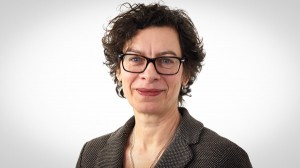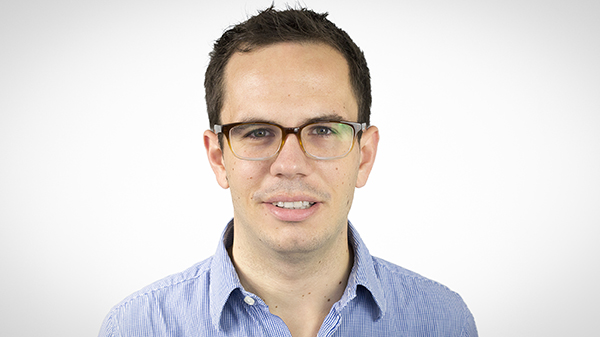Unsere vernetzte Welt verstehen

Wrapping up NETmundial
Am 23. und 24. Mai fand in Sao Paulo die NETmundial, ein Forum zur Zukunft der Internet-Verwaltung statt. Das Humboldt Institut für Internet und Gesellschaft wurde vor Ort durch die Direktoren Jeanette Hofmann und Wolfgang Schulz sowie die Koordinatorin des Network of Centers, Mayte Peters, vertreten. Eine Zusammenfassung der Eindrücke und Ergebnisse aus Brasilien:
Stimmen von der NETmundial
 Jeanette Hofmann
Jeanette Hofmann
HIIG Forschungs-Direktorin sowie Co-Chair und Mitgleid des Editorial Boards auf der NETmundial
Die Abschlusserklärung der NETmundial Konferenz beginnt mit dem Hinweis, dass diese Tagung die erste ihrer Art gewesen ist: The NETmundial conference was the first of its kind. Tatsächlich ist es das erste Mal, dass sich Regierungen, Wirtschaft, Zivilgesellschaft auf internationaler Ebene im Einklang mit dem Multistakeholder-Prinzip versammeln und es gelungen ist, sich auf ein gemeinsames Abschlussdokument zu einigen… weiterlesen

Mayte Peters
Koordinatorin des Network of Centers
My name is Mayte Peters and I represent academia; I coordinate a global Network of Internet and society research Centers, a collaborative initiative of academic research institutions all over the world focusing on Internet and Society issues in the broadest sense and from a wide range of disciplines. This is not limited to, but includes Internet governance. As the coordinator of the Network of Centers, I would like to stress the relevance of section II-3 of the roadmap regarding the creation of information-sharing functions. Global Internet governance should be understood as a collaborative learning process that works, but that can be optimized over time. We would also like to stress the importance of reflecting academically, and from a diverse range of disciplinary standpoints, on the outcomes and implementation scenarios of what is discussed at NETmundial. We would like to underline the role of the academic community in this learning process, also referring to point 4 of the roadmap. In this context, we encourage Internet governance practitioners to collaborate more strongly with academia, and to refer to the academic expertise available in this field.
Against this backdrop, we offer the Network of Centers as an open space for global academic reflection through events and independent, but coordinated research efforts. Research institutions involved include the Berkman Center for Internet and Society at Harvard University, the Alexander von Humboldt Institute for Internet and Society in Berlin, the Institutes for Technology and Society at FGV Rio de Janeiro and at the State University in Rio de Janeiro, and many other institutions from over 20 countries.
We would like to extend an invitation to our academic colleagues gathered here and online who are not yet involved with the Network of Centers to join us in this collaborative effort.
Thank you.
Reaktionen aus dem Netz
Dieser Beitrag spiegelt die Meinung der Autor*innen und weder notwendigerweise noch ausschließlich die Meinung des Institutes wider. Für mehr Informationen zu den Inhalten dieser Beiträge und den assoziierten Forschungsprojekten kontaktieren Sie bitte info@hiig.de

Jetzt anmelden und die neuesten Blogartikel einmal im Monat per Newsletter erhalten.
Forschungsthemen im Fokus
Der Human in the Loop bei der automatisierten Kreditvergabe – Menschliche Expertise für größere Fairness
Wie fair sind automatisierte Kreditentscheidungen? Wann ist menschliche Expertise unverzichtbar?
Gründen mit Wirkung: Für digitale Unternehmer*innen, die Gesellschaft positiv gestalten wollen
Impact Entrepreneurship braucht mehr als Technologie. Wie entwickeln wir digitale Lösungen mit Wirkung?
Bias erkennen, Verantwortung übernehmen: Kritische Perspektiven auf KI und Datenqualität in der Hochschulbildung
KI verändert Hochschule. Der Artikel erklärt, wie Bias entsteht und warum es eine kritische Haltung braucht.




